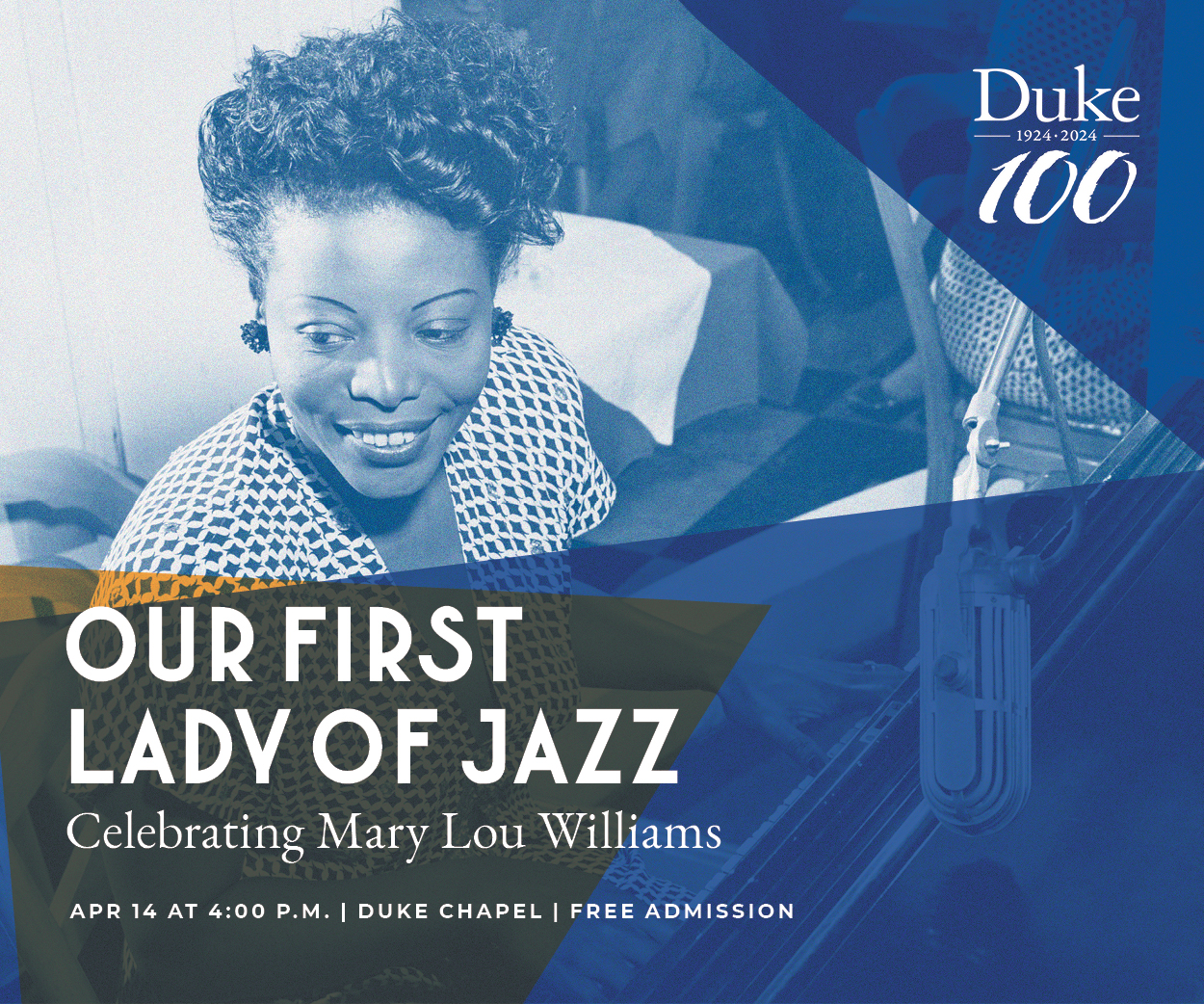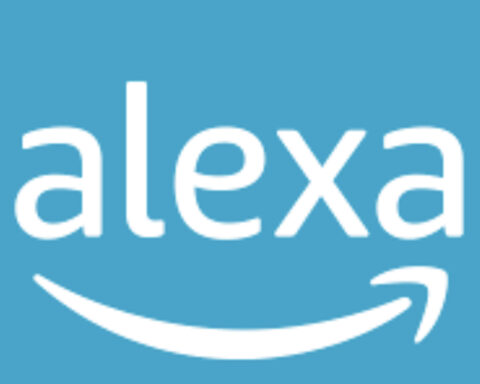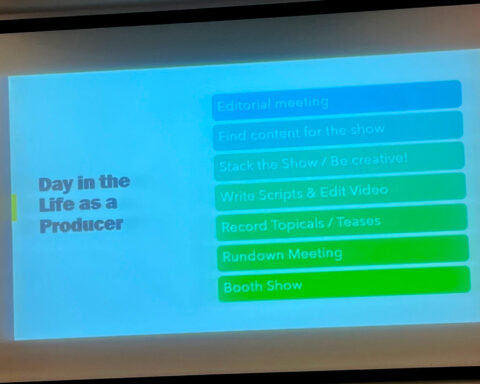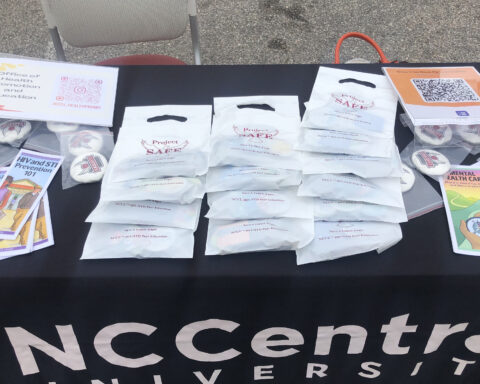You may have received a call from a number that did not look familiar. It’s the second time it’s coming through, having ignored the first. You are driving home, and can’t really take the call, but you decide to reward the persistence.
It’s a drowsy voice pleading for your time to discuss some upcoming store or a new road that will cut through your neighborhood. It’s a survey. You utter some incomprehensible thing and wonder why you bothered to answer in the first place. This is the traditional way of sourcing information: random calls. It’s a tedious process both on the surveyor and the surveyed.
Enter Qualtrics.
Qualtrics is a surveying tool that has brought sheen to the process. It has reduced surveying to mere clicks, with free registration and in the style of Facebook. What’s exciting is not only that N.C. Central University’s Office of Research, Evaluation and Planning has adopted the software to conduct surveys and source information but that the resource is open to students who want to conduct surveys of their own.
The Office of Research, Evaluation, and Planning houses NCCU’s institutional data, serving both the administration and academic wings of the university. Tia Doxey is the Director of Assessment and the Qualtrics administrator at the office, and has nothing but praise for the software.
Doxey called Quatrics a “robust surveying system,” adding that “it has logic and can conduct simple and complex surveys.”

Prior to Qualtrics, the university used a similar software called Empliant which Doxey referred to as “simple” but offered “sketchy analysis” with no handle on privacy. This is unlike Qualtrics, where an administrator invites another user to access the data via web link. Privacy can be a big concern in this information age.
NCCU has had a Qualtrics licence since 2014 at $17,500 annually. So far, 1,159 surveys have been conducted using the tool.
“This is an investment well worth its money,” Doxey said about the software’s worth.
However, one drawback researching students have towards Qualtrics is the cool reception it attracts from the surveyed population. After initiating surveys, surveyors are finding few takers, especially if the surveyors themselves are students.
One such student is Heather Sasser, a 2018 public administration master’s degree candidate. She is conducting a survey on NCCU’s area redevelopment and her survey queries who among her respondents would want more restaurants, a movie theater, a grocery store and other businesses within walking distance of campus. The survey was commissioned by the Durham City Planning Department but attracted minimal response despite its importance to the campus community.
Sasser agrees with the user-friendliness of Qualtrics but said, “We [my research team and I] wanted to survey the NCCU population and thought an online survey would be an easy way to collect data and reach our sample populations. We were wrong on both accounts.”
The fact that there are no tools within the system to entice participation is a major flaw—one almost has to resort to the traditional way of making calls to attain a requisite sample size.
Doxey acknowledged this challenge and said it may be due to survey fatigue, where many and varied surveys are issued and the population loses interest. She advised surveyors to run campaigns to promote and when able, offer prizes to arouse interest in completing their surveys.
Qualtrics is a good tool with superb analytical aspects and varying reporting options like pie charts and word walls, but it may remain a tool that whiles away at the garage, and, like a classic car, student researchers may take it for a spin, but they will only turn a couple of heads.
Header image courtesy of Qualtrics.


















